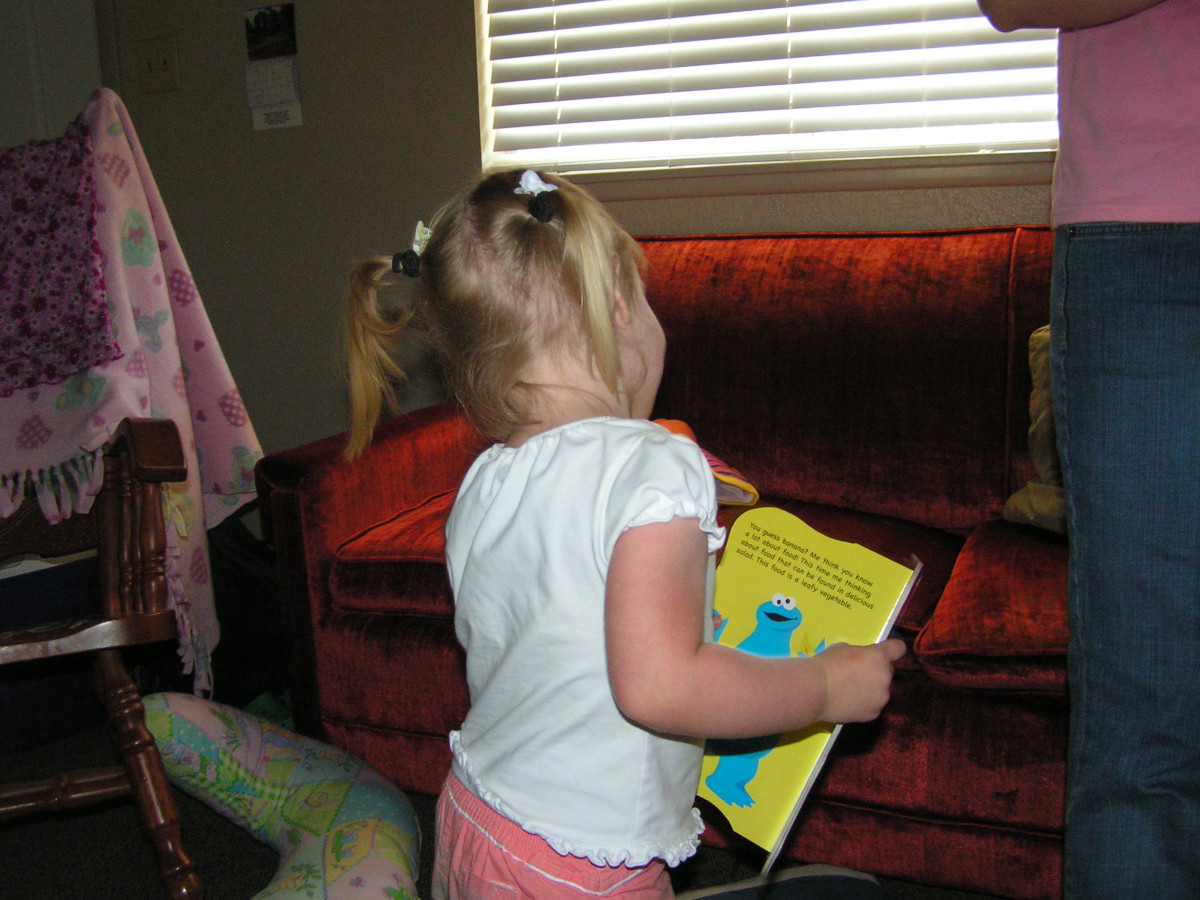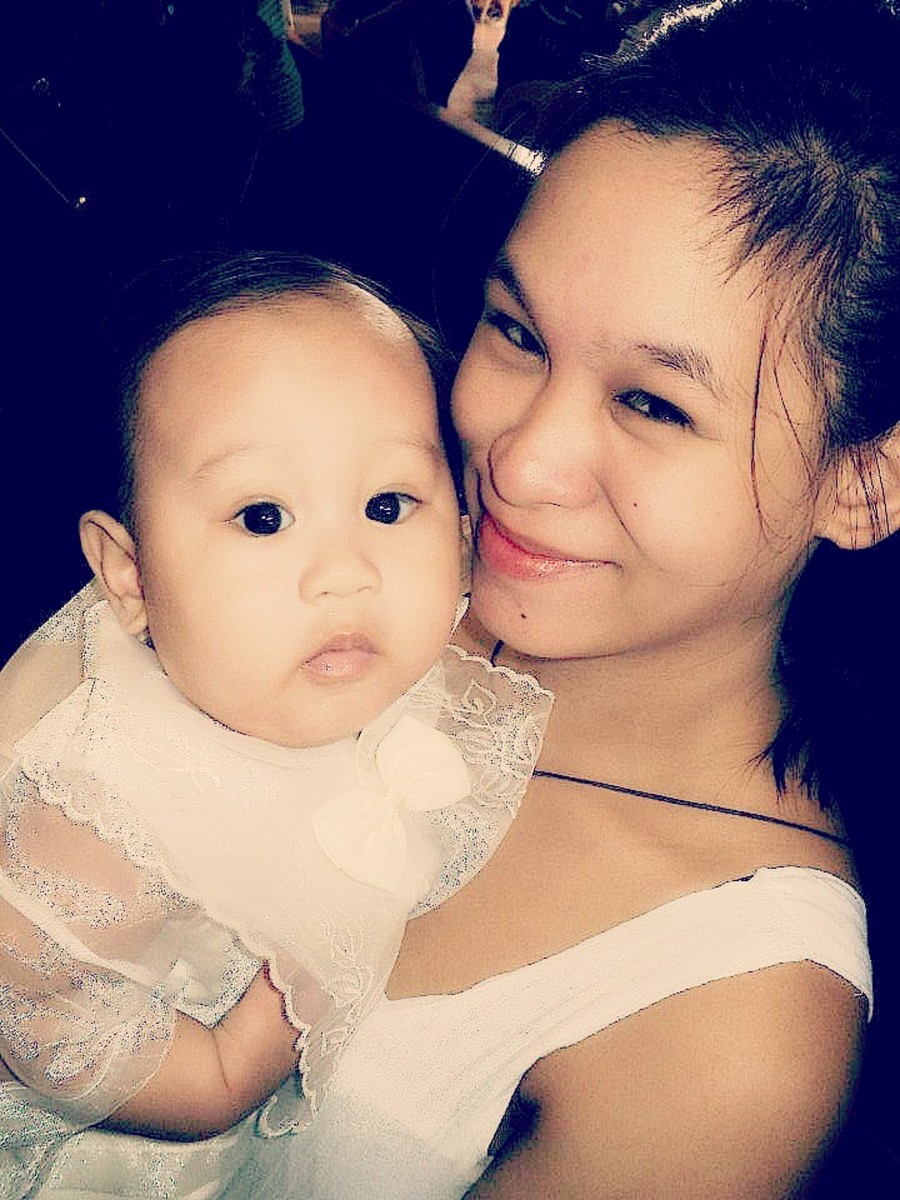- HubPages»
- Family and Parenting»
- Parenting Skills, Styles & Advice»
- Parenting Advice & Tips
Teaching Children Respect

Everyone says it, and we all know. Many children are disrespectful to each other, to parents, to teachers, and to elders. Why?
Not all kids are disrespectful, but I think most would agree that generally children exhibit more disrespectful behavior today than in generations past. We still have a lot of good kids around, but we also have more bullying, more profanity, and more violence instigated by children.
So what is a parent to do? How do you encourage your child to be respectful?
For more information on children see:
- Setting Limits for Your Child-- Watching Television
Most kids love watching tv. Television offers and entertaining escape when children are tired or when friends aren't available to play. Television also helps parents out because sometimes, as harsch as it... - Teaching Kids Money Sense
- Help Your Child Develop Study Skills
- Ways to Develop a Child's Communication and Social Skills
- Helping Your Child with Learning to Read
- Important Lessons I have Learned From Children
First, and foremost, realize children learn by example. You are the role model. Respect others around you, even when you get angry. Don't start cursing out the driver who cuts in front of you, don't yell at your spouse, and don't call the neighbor who does not agree with you "a jerk." Respect the people around you because little ears hear everything you say and little eyes see everything you do. Children start learning as infants, and they learn from you. A good rule to follow: if you would not say or do it in front of your grandma, you shouldn't say it or do it in front of your child.
As an infant becomes a toddler and learns to talk, start teaching them manners, and insist on the use of manners in your household. This starts with "please" and "thank you" and continues with asking and not demanding. Remember, young children have to be reminded over and over again. Remind them and encourage them; give them verbal praise when they remember to be polite on their own. Remind them when they forget -- they're still learning.
For More Help on Teaching Kids Respect See:
As children get into to school, they will likely be introduced to profanity and other rude behaviors. They will likely come home and try out these behaviors in your home; set limits immediately. Children need to understand that rude behavior is not acceptable, and if it happens, there will be a consequence. With young children "timeout" may work, but as children get older, you may have to come up with another consequence. Losing privileges can be quite effective if the privilege is important to the child. At our home my son is required to write an apology to me for the misbehavior; this usually acts as a deterrent, and he really does not want to take time to write apology letters, so he quits doing the bad behavior.
Whatever you choose as a consequence, you must be consistent. Children must always follow the rules of the household, and if they break a rule, talking back for example, there must always be a consequence. Consistency is key!
Monitor what your child watches on tv, what music s/he listens to, what information they're looking at on the computer. Media today is loaded with images of people being disrespectful to one another. We've all heard the old adage "Monkey see, monkey do," well, children, in some ways, are like monkeys. Watch what your kids watch!
As children get older and the misbehavior becomes more severe, the consequence needs to become more severe. If your teenager swears at you, the consequence should be loss of something they value-- like use of the car.
Parenting is difficult, but it is important that we establish the value of respect in our children. This is not the teacher's job, this is not society's job.This is the parent's job!








